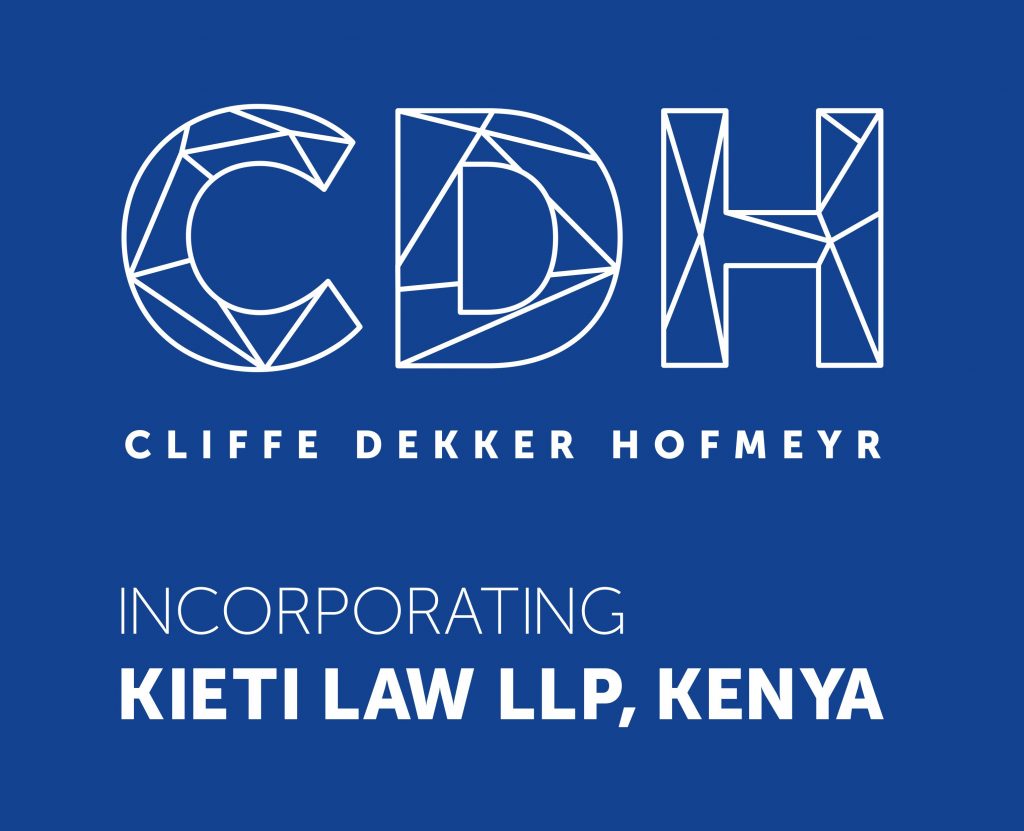

A lot has been said and written about directors’ fiduciary duties and the pitfalls directors expose themselves to when making business decisions almost daily. The circumstances which may lead a director to breach their fiduciary duties are broad, and to determine whether a director actually breached their fiduciary duties often requires an extensive factual enquiry.
The spotlight on directors and compliance with their fiduciary duties often comes under scrutiny when a company finds itself in financial distress.
The Companies Act 71 of 2008 (Companies Act) defines financially distressed as meaning, in reference to a particular company at any particular time, that:
- it appears to be reasonably unlikely that the company will be able to pay all its debts as they become due and payable within the immediately ensuing six months; or
- it appears to be reasonably likely that the company will become insolvent within the immediately ensuing six months.
Section 129 of the Companies Act deals with financially distressed companies and the duty of directors to place a company in business rescue by adopting a resolution placing the company in voluntarily business rescue.
A section which is often overlooked by directors is Section 129(7), which specifically states that: If the board of a company has reasonable grounds to believe that the company is financially distressed, but the board has not adopted a resolution contemplated in this section, the board must deliver a written notice to each affected person, setting out the criteria referred to in section 128(1)(f) that are applicable to the company, and its reasons for not adopting a resolution contemplated in this section.
Section 128(1)(f) is the section defining financially distressed and directors are required, in the Section 129(7) notice, to play open cards with all affected persons, explaining the basis of the company being financially distressed, and more importantly, why the directors, despite the company being financially distressed, have elected not to commence business rescue.
Striking a balance
The directors of a financially distressed company do not have the luxury of keeping the company’s financial situation ‘under wraps’ due to the requirement in section 129(7). In striving for growth and shareholder returns, directors often have to make hard choices. A director will always want to believe that they can turn around the business and improve the financial position of the company and they do not necessarily want to pull the trigger too quickly. There is, however, a difference between false optimism and reasonably believing that the company can be turned around by adopting a turnaround strategy. The challenge for directors is how to strike a balance between aggressive business strategies and the risk of veering into reckless trading territory and a breach of their fiduciary duties.
Failure to send a section 129(7) notice may be regarded as a breach of one of the most important fiduciary duties directors have, which is to act in the best interests of the company. Failing to adopt the necessary resolution placing a company in business rescue, when financially distressed, will cause the company to continue trading in financially distressed circumstances, which may constitute reckless trading by the company, which is prohibited by section 22 of the Companies Act.

Image By: Canva
Assessing recklessness
Recklessness implies the existence of an objective standard of care. In considering whether there is reckless trading, a court will consider the conduct and assess the extent to which there is a departure from the objective standard.
Recklessness has been defined as not an error of judgement but a disregard for the consequences of one’s actions; a serious departure from the standard of the reasonable man; and “conduct which evinces a lack of genuine concern for the prosperity of the company.
Unfortunately, and probably fortunately for others, the Companies Act sometimes operates as a spiderweb, you untangle yourself from one web and find yourself tangled in another. This is to say that once the directors issue a section 129(7) notice, the company becomes vulnerable to creditors looking to bring winding-up applications against the company. The creditors may use the notice as evidence that the company is unable to pay its debts as and when they become due and payable and that its liabilities exceed its assets, which makes it insolvent.
As already mentioned, failure to issue the section 129(7) notice may veer into reckless trading territory, and reckless trading attracts certain liabilities for directors. Section 77(3) provides specifically that a director would be liable for any loss, damage or costs sustained by the company as a direct or indirect consequence of acquiescing in the carrying on of the company’s business despite knowing that it was being conducted in a manner prohibited by section 22(1) i.e. recklessly.
Although directors may be hesitant to issue a section 129(7) notice and would ideally want to quietly try to turn the business around, the consequences, if the turning around does not succeed, can be dire not only for the company but for the directors personally. Although a section 129(7) notice may make the company vulnerable to winding-up applications, failure to file it may result in worse outcomes. There is no detour when it comes to compliance with the Companies Act. When in doubt, directors are encouraged to seek legal advice on whether any decision could be in breach of their fiduciary duties.
Lucinde Rhoodie is a Director at CDH.
Muwanwa Ramanyimi is a Senior Associate at CDH.




